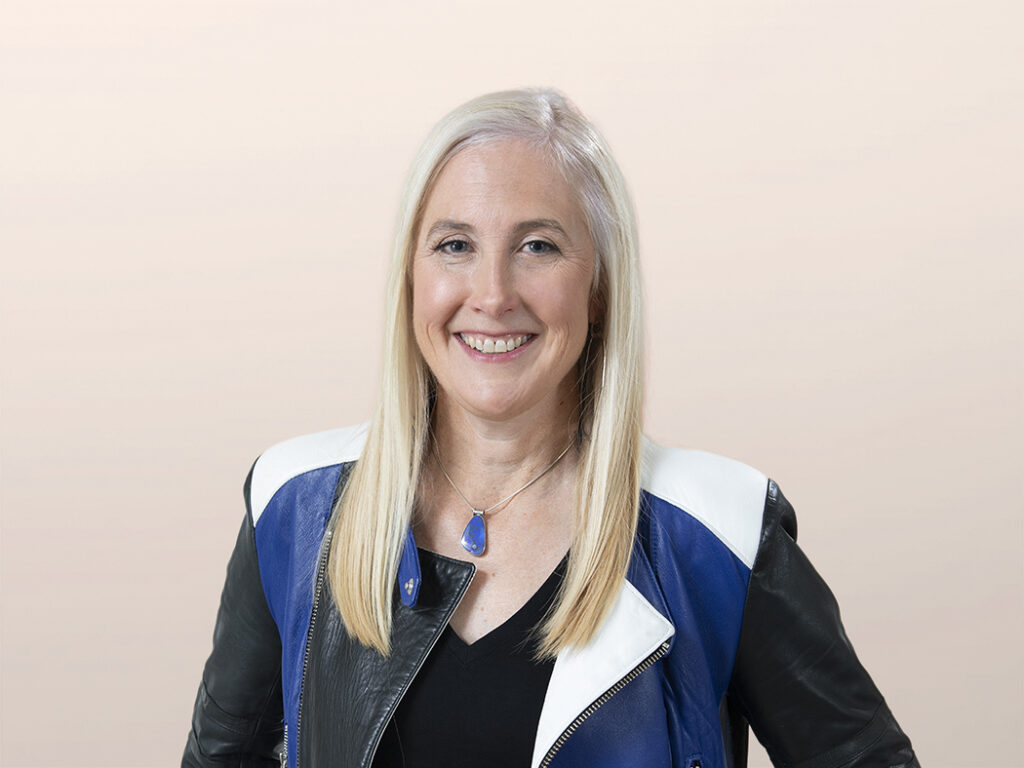Supporting Healthcare With Connected Devices: AliveCor
My colleagues Alessia Stewart, Paul-Julien Giraud, and I embarked on a journey two months ago to understand how connected devices can support the delivery of healthcare. We thought connected devices would be helpful in informing diagnoses, monitoring, ensuring compliance of treatment plans, and running clinical trials. We’re building a body of research, but we’ve decided to share a few things along the way.
The potential for technology to help consumers exists, but connected devices face tremendous headwinds. Headwinds include:
- Cost of devices
- Usability (i.e., can consumers collect data that doctors will trust?)
- Consumer motivation (today, healthy athletes own the majority of smart watches — see report)
- Doctors’ interest and ability to use the data
- Reimbursement
- Healthcare task flows seldom include data from consumer devices
- Accessibility (i.e., can those most in need use the devices easily?)
We’re speaking to entrepreneurs and established telehealth services that are tackling these headwinds to change how healthcare is delivered. We’ll share what we can as we learn.
Company: AliveCor
Background
On August 10, we spoke with Dr. Dave Albert, founder and chief medical officer at AliveCor. AliveCor’s products include KardiaMobile and KardiaMobile 6L, which are medical-grade EKG monitors that sell for $99 and $149, respectively. KardiaMobile is a single-lead EKG, whereas KardiaMobile 6L is the only FDA-cleared personal six-lead EKG. Both devices can detect atrial fibrillation, bradycardia, tachycardia, and normal heart rhythm. Patients are recommended to take an EKG recording twice a day and in response to any cardiac abnormalities. Data from the EKG device can be sent via Bluetooth to the Kardia app, which is compatible with most smartphones and tablets on Android and iOS.
What has AliveCor done to improve usability?
- Increased text or font sizes to accommodate vision impairments
- Translated its materials into different languages, including German, Dutch, Spanish, French, Italian, Norwegian, and Chinese
- The service nudges users through reminders to record their EKG if they forget.
- One battery equates to about 200 hours of operational time or 12 months of use.
What tops the list of features that make AliveCor interesting?
- Despite being a medical-first product, AliveCor markets its products directly to consumers.
- The average customer age is 62, and most customers are in their 60s and 80s — not your typical profile for tech-savvy consumers.
- Patient data can be sent directly to Kardia’s platform for healthcare providers KardiaPro.
- The Kardia devices prompt the user to confirm their identity for the first 20 EKGs taken. After the device learns to recognize the primary user, it can determine if a different user records an EKG. This simplifies use of the device and creates credibility with physicians.
Please stay tuned for more content from this research stream. And if you have read about, used, or know about a device we should include in our research, please let us know. We’re looking to include more devices in our research.
